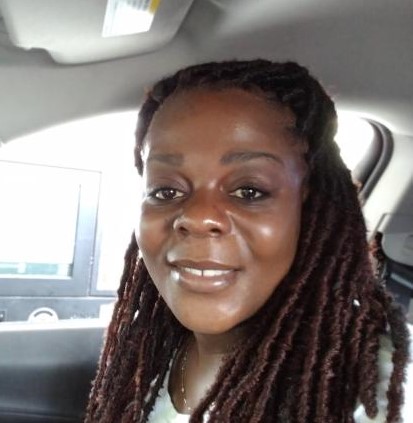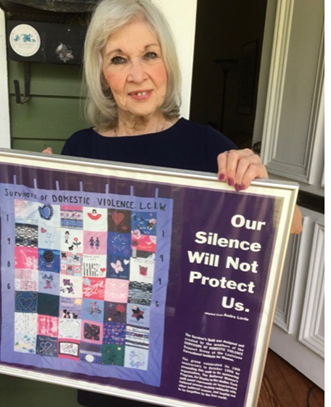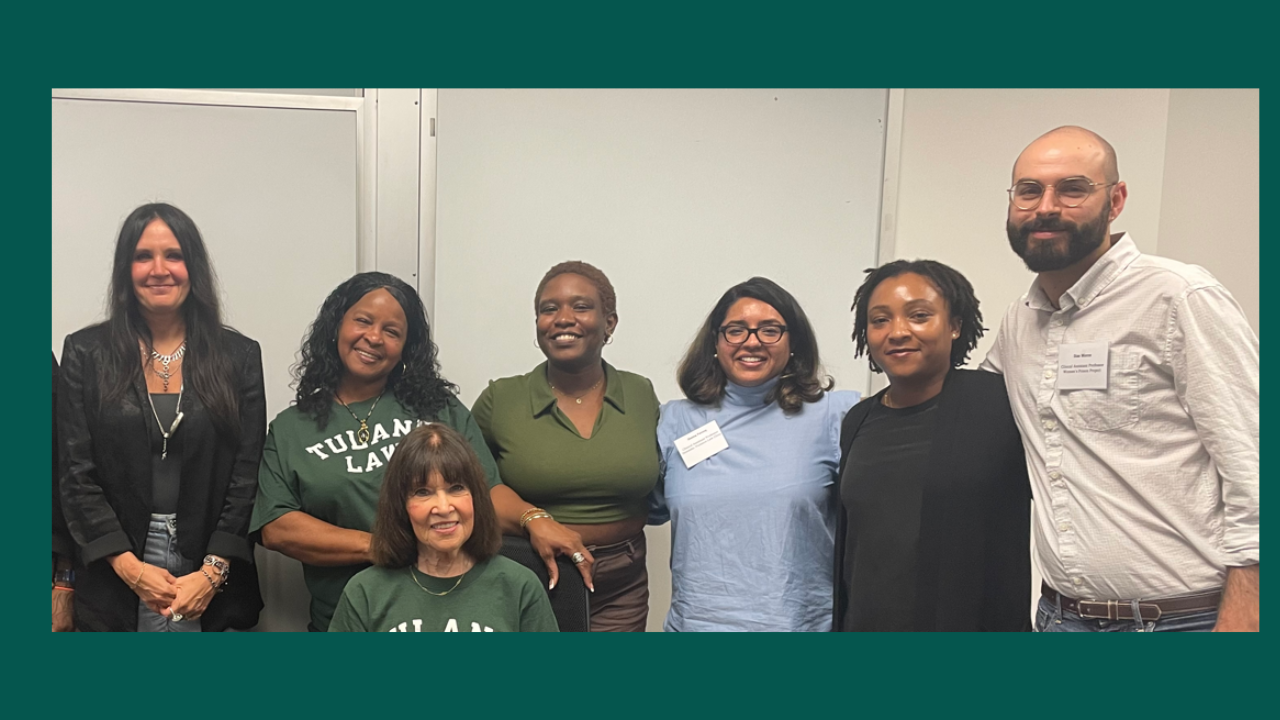Women’s Prison Project and clients work together to advocate for survivors
The Women's Prison Project, Tulane’s innovative partnership between its Domestic Violence Clinic and the Criminal Justice Clinic, has had seven clients who were serving life without parole sentences go home to their families.
Through a combination of pre-trial, post-conviction, and pardon cases, WPP teams of faculty and students continue their urgent push to win freedom for unjustly incarcerated survivors of abuse. And they have new collaborators to bolster their efforts.
Some of the women now home with their families are reaching back - to help the community of incarcerated women they left behind. Working alongside WPP Law and Policy Advocate Imani Richardson and stakeholders across the state, WPP’s former clients have infused new energy into a movement to change the laws and practices that have led to so many unjust incarcerations.
A major road-block to change has been the false perception that these cases are rare, says WPP co-founder and Domestic Violence Clinic Director Professor Becki Kondkar.
"But it’s much harder to pretend that the practice of prosecuting domestic violence victims is not pervasive when you have a room full of women telling their stories about being prosecuted for defending their lives," said Kondkar. "Their voices have the power to change hearts and minds and we see it happening every day.”
Here is how these clients have been helping change the conversation around domestic violence:

Candice Malone
Since gaining freedom via post-conviction negotiations in May 2021, Malone has become a first-time mother and an in-demand advocate, guest speaker, and American Sign Language interpreter. Malone, a former student in the inaugural class of the Tulane at Louisiana Correctional Institute for Women program, now serves as an independent contractor for WPP’s “jailhouse” lawyer manual initiative – a program sponsored by the American College of Trial Lawyers. As part of that work, Malone is working with WPP team members and other formerly incarcerated “jailhouse lawyers” to help resource the women’s prison with accessible, relevant legal resources and training.
Sandra Starr Perow

After being granted clemency and parole in July 2020, Perow has recently married and is actively engaged in community advocacy for domestic violence survivors and for young people facing challenges similar to those she experienced as a teenager. In 2021-22, Perow served as the VOTE (Voice of the Experienced) representative for the Louisiana Survivor Informed Task Force and testified before the Louisiana Senate Judiciary Committee on the task force’s recommendations and proposed legislation. She now educates the community about domestic violence and spearheaded a survivor-led Baton Rouge Domestic Violence Awareness Month event this October. She joined other former Clinic clients at a panel in August, to help teach student attorneys about client-centered and trauma-informed lawyering.
Beatrice Taylor

Released on parole in October 2020, Taylor is learning new technologies and advocating for incarcerated people and survivors of intimate partner violence in Louisiana. Last spring, Taylor testified before the Louisiana Senate Judiciary Committee in support of proposed legislation to provide legal pathways to freedom for survivors incarcerated for reasons associated with their abuse. This summer, she visited Tulane Law School for the first time to share her perspectives with new student attorneys. Most recently, she testified before the Louisiana Human Trafficking Prevention Commission to raise awareness about proposed legislation and its impact on survivors of trauma and abuse.
By working with formerly incarcerated women like Beatrice, Sandra, and Candice - and also current clients - WPP student attorneys learn that the most powerful advocacy tool is a client’s story.
“Collaborating with my client to tell her experiences of abuse, both at the hands of her intimate partner and the legal system itself, has been so gratifying and eye-opening,” said Anna Carter, a student attorney in the Domestic Violence Clinic.
Carter has been working alongside a supervising attorney and an in-house investigator to gather evidence, engage experts, and review voluminous records extending back decades, as she prepares for an upcoming evidentiary hearing on her client's post-conviction application. To date, more than 60 student attorneys have worked on WPP cases, cultivating a rare combination of advocacy skills and expertise in areas of trial practice, criminal law, post-conviction, gender-based violence, and trauma.

